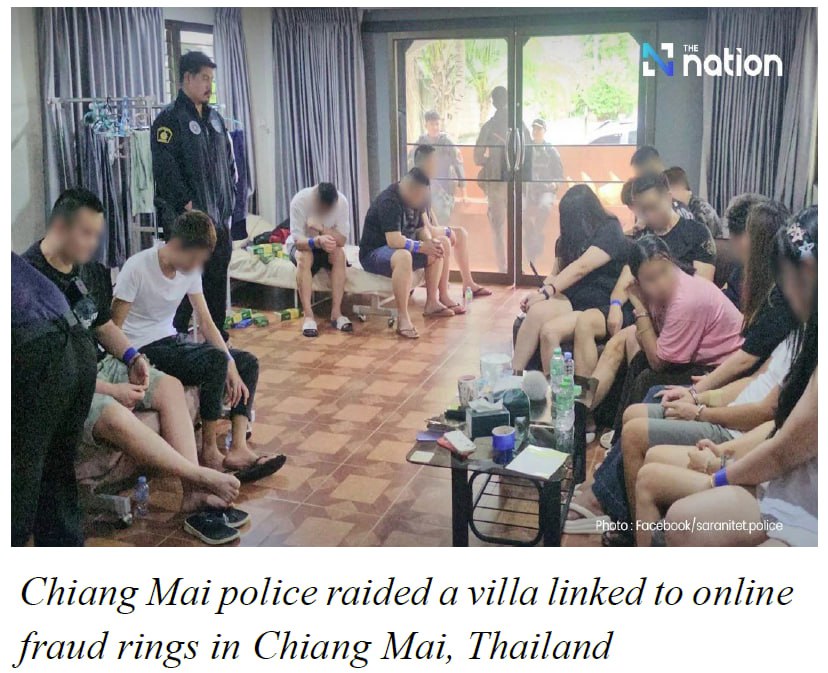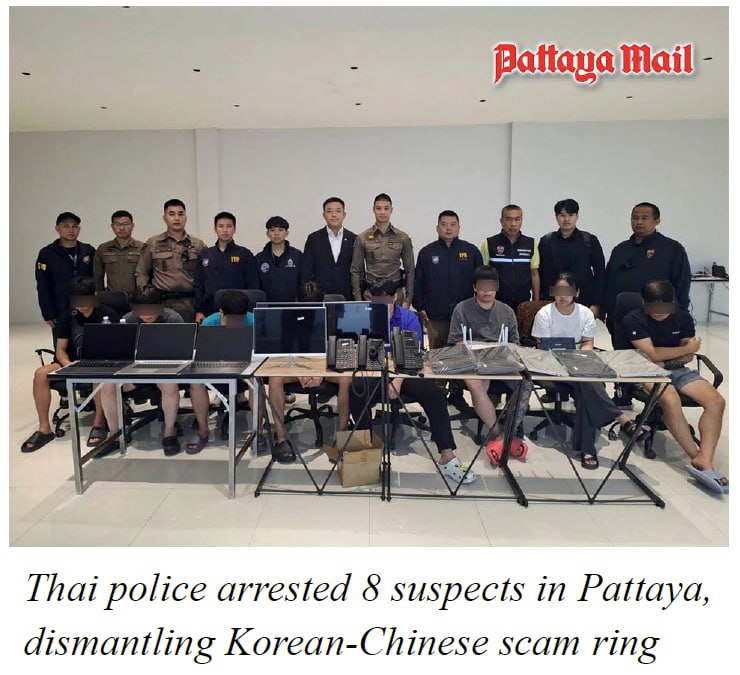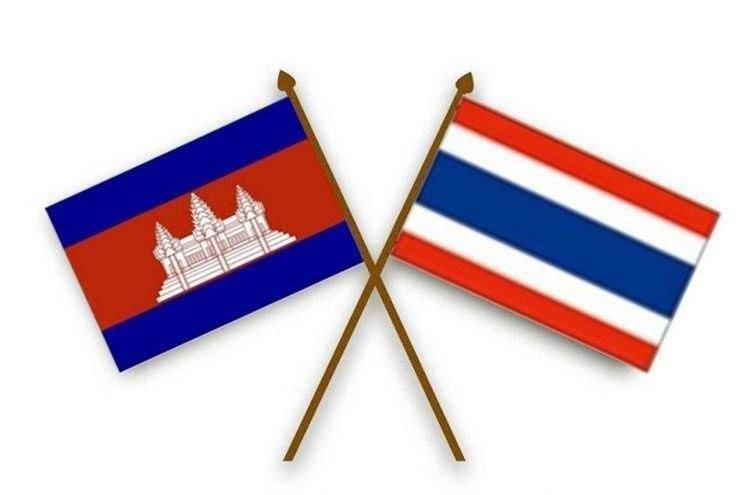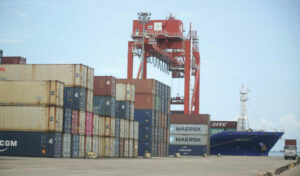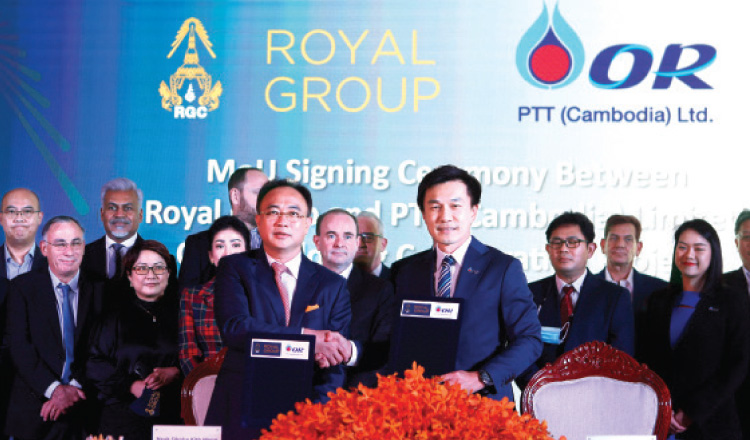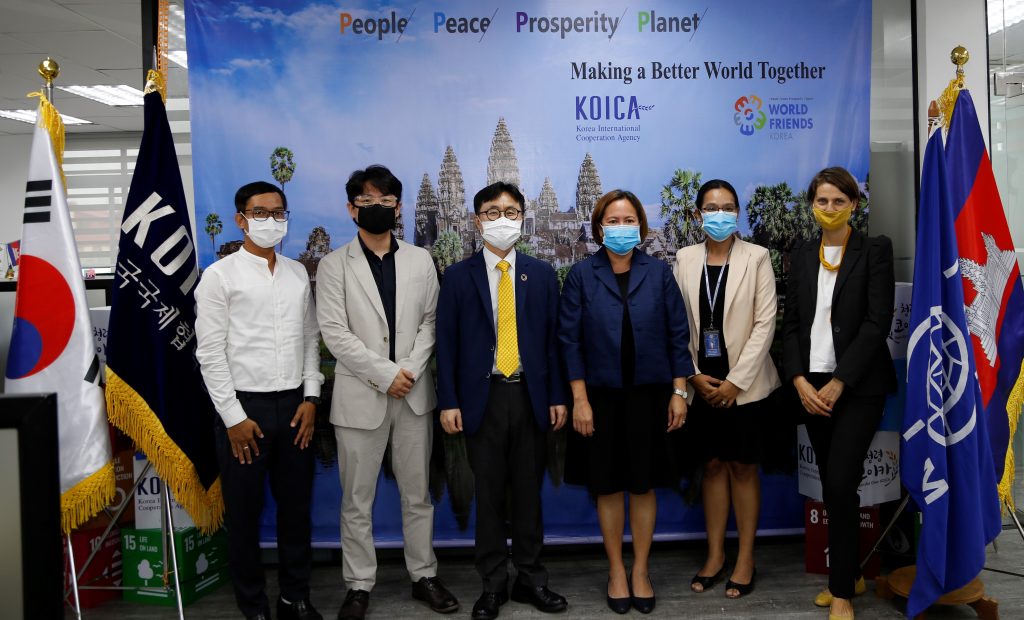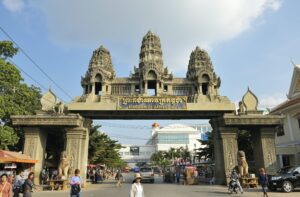Thailand’s Military Maneuver: A Distraction from Corruption
In a world where the line between military necessity and political diversion is often blurred, the recent 5-day-long military skirmishes along the Thai-Cambodian border present a complex intertwining of geopolitics and domestic issues. While the Thai official narrative frames these hostilities as an essential defense of national sovereignty, a deeper analysis reveals a more troubling motivation – one that suggests these conflicts are highly likely a strategic distraction, diverting general public attention from rampant corruption and online scams that have plagued Thailand in recent years.
The geographical tension between Thailand and Cambodia is of long-standing nature, characterized by historical disputes over territory, particularly concerning the Preah Vihear Temple and surrounding areas. However, the timing of the recent military operations raises eyebrows. Has the Thai military, under the command of its highest commanders, initiated these confrontations primarily to address its territorial commitments? Or is it possible that these actions serve a more insidious purpose—shifting the domestic public’s focus away from the growing corruption within the military and government linked to online scams?
Rampant corruption in Thailand has reached alarming levels, with recent reports highlighting extensive networks that facilitate fraud targeting both Thai citizens and foreigners. Scams ranging from fake investments to identity theft perpetrated through social media and online platforms have not only cost individuals their hard-earned money but have also undermined trust in Thailand’s governance and law enforcement agencies. As these scandals escalate, public sentiment toward the military and government wanes, raising questions about accountability and transparency. The timing of military confrontation suggests an alarming trend. During significant political challenges— be it economic downturns, protests, or corruption scandals – the Thai military has a history of redirecting focus to external threats. By stoking fears of territorial disputes, military leaders can rally nationalistic sentiment that distract the populace from pressing internal issues. In essence, the military may be leveraging regional tensions as a smokescreen to obscure its dealings and protect its interests.
Moreover, the role of the military in Thailand is deeply entrenched, often operating with an air of autonomy and influence that allows it to sidestep scrutiny. This dynamic becomes even more pronounced in the context of the ongoing pandemic, where resources are strained, and public patience dwindles. By engaging in military preemptive actions against Cambodia, Thai commanders not only signal their military might but also provide the government a veneer of urgency and patriotism – a handy deflection from calls for transparency and accountability in the face of online scams and corruption.
Critics argue that resorting to militaristic tactics is a dangerous game that could escalate into a larger conflict, leading to unwarranted loss of life and regional instability. Instead of focusing on resolving territorial disputes, Thailand’s leadership should prioritize addressing corruption and enhancing cybersecurity measures to protect its citizens from fraud. By doing so, they not only fortify their domestic front but rebuild the trust eroded by years of negligence and denial.
While the military’s posture along the border with Cambodia may be couched in rhetoric of sovereignty and duty, it is imperative for the Thai government and military leaders to carefully examine their motivations. The real threat may not be an external enemy but rather the internal corruption that needs confronting. By choosing to address issues from within rather than distract with military might, Thailand can pave the way for a more transparent, accountable, and ultimately prosperous future for all its citizens.
By Syafiq Irfan bin Abdullah, Journalist
